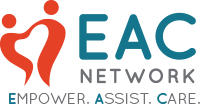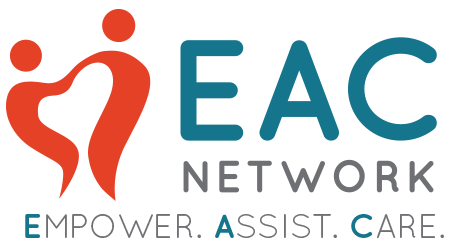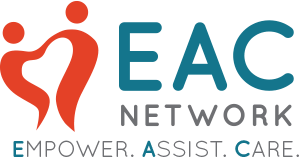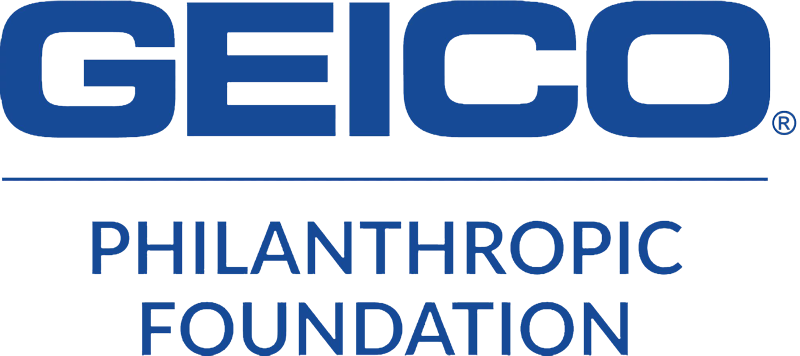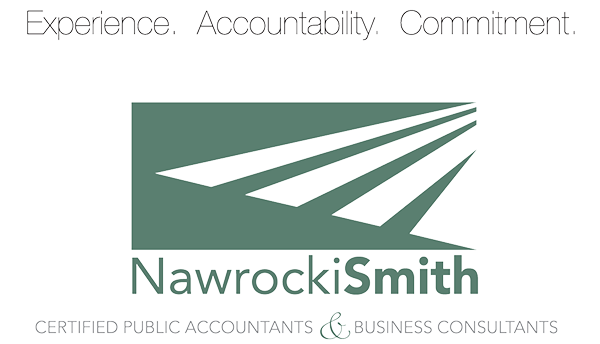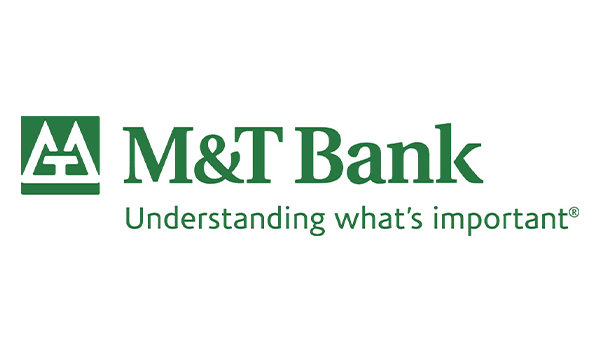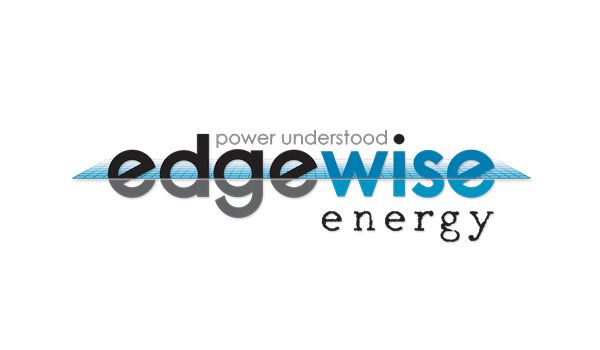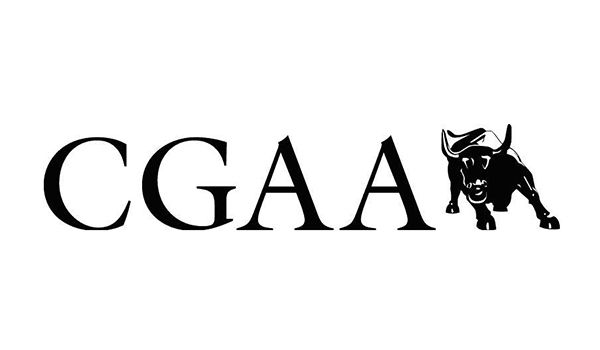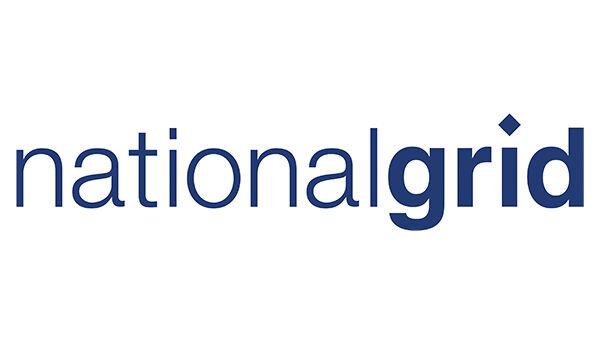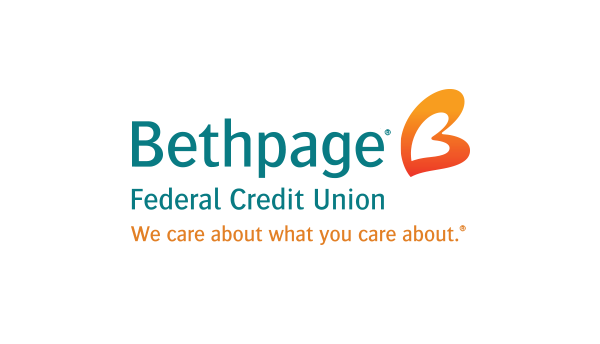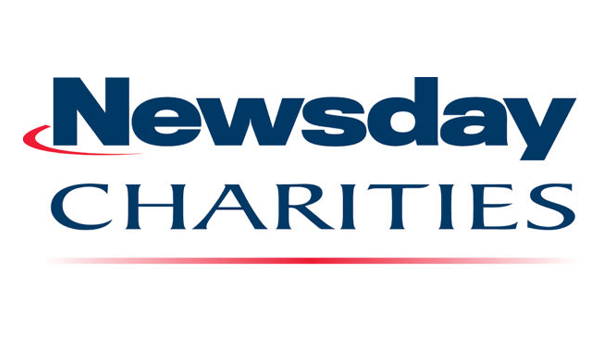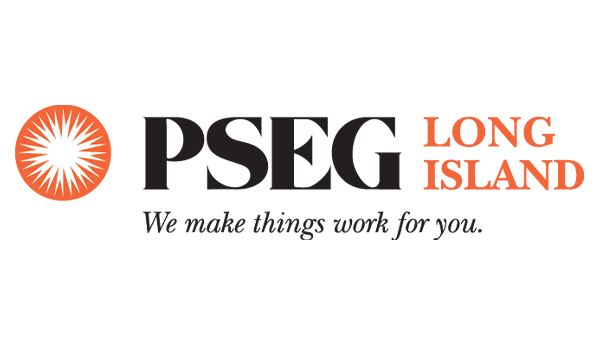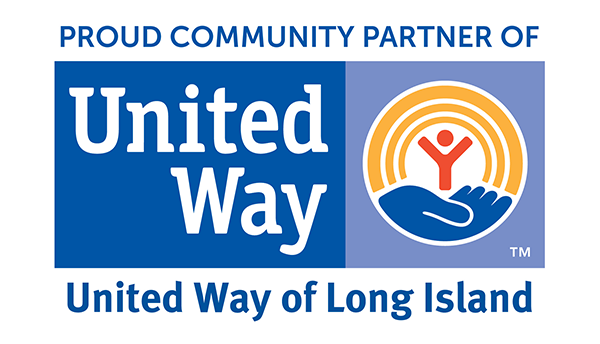 Have you ever been in a situation where individuals are not getting along, and it’s affecting their relationship (of any kind), productivity, or even just the energy in the room? Let’s say your coworkers, Celia and Marco, are having a disagreement. Celia and Marco both have to take a day off on Friday, but their department needs at least one of them to be in the office. They both have important reasons to take a day off — Celia has an engagement party, and Marco has a doctor’s appointment. They can’t resolve this between themselves, and their conflict is causing tension in the office. What should you do?
Have you ever been in a situation where individuals are not getting along, and it’s affecting their relationship (of any kind), productivity, or even just the energy in the room? Let’s say your coworkers, Celia and Marco, are having a disagreement. Celia and Marco both have to take a day off on Friday, but their department needs at least one of them to be in the office. They both have important reasons to take a day off — Celia has an engagement party, and Marco has a doctor’s appointment. They can’t resolve this between themselves, and their conflict is causing tension in the office. What should you do?
Perhaps you should turn to mediation!
Mediation is the process of dispute resolution. It involves one or more neutral third parties who intervene in a conflict and assist disputants in reaching a mutually acceptable agreement. Unlike a trial scenario where a judge makes the ultimate decision, this process doesn’t involve a decision by a third party. In mediation, decision-making authority rests with the parties.
Here are a few reasons why becoming a mediator can be beneficial and rewarding:
- There is conflict in almost any workplace, and having the aptitude to resolve it is a valuable addition to your professional skill set.
Let’s think about the situation between Celia and Marco, and pretend that you are their manager. As a manager, it’s your responsibility to make sure your team operates properly despite personal or professional disagreements. Situations like these are difficult to manage already, but with basic mediation skills, you’ll be able to resolve conflicts effectively so your employees can work efficiently.
- You will develop life-changing skills that can be applied in national as well as international settings.
Mediation training can help you see your life in a different way. The average person might look at the situation between Celia and Marco and, because you happen to be friends with Celia, side with her. Personal biases cannot be involved in a fair solution. A mediator would look at the situation between Celia and Marco as a neutral party, and help them come to a solution that works for everyone.
- Trained mediators learn to change the way they frame words and sentences that can result in positive outcomes.
Let’s say you are trying to resolve the situation between Celia and Marco. A person who is not a mediator might say, “Marco, your doctor’s appointment doesn’t sound very important—it’s just an annual physical. You need to reschedule it and let Celia take the day off.” Even though the proposed solution of Marco rescheduling his appointment would resolve the conflict, it is very likely to upset Marco because of the phrasing and the appearance of partiality to Celia. Instead, a mediator might say, “I understand that you both have important plans. How can we accommodate both without causing too much of an inconvenience?” Rephrasing the statement is much more likely to result in a positive outcome, as the second statement is neutral and reasonable.
If you’re interested in becoming a mediator, look no further than EAC Network’s Long Island Dispute Resolution Centers! The next 30-hour basic mediation training starts on November 10. Registration must be completed by November 3. Click here for more information!
* * *
 Arooj Iqbal is currently a student at John Jay College of Criminal Justice, where she is minoring in Dispute Resolution and completing her final year with a Bachelors of Science in Criminal Justice Management. Along with being a full time student, she is interning with the Long Island Dispute Resolute Center to complete her minor in Dispute Resolution.
Arooj Iqbal is currently a student at John Jay College of Criminal Justice, where she is minoring in Dispute Resolution and completing her final year with a Bachelors of Science in Criminal Justice Management. Along with being a full time student, she is interning with the Long Island Dispute Resolute Center to complete her minor in Dispute Resolution.
